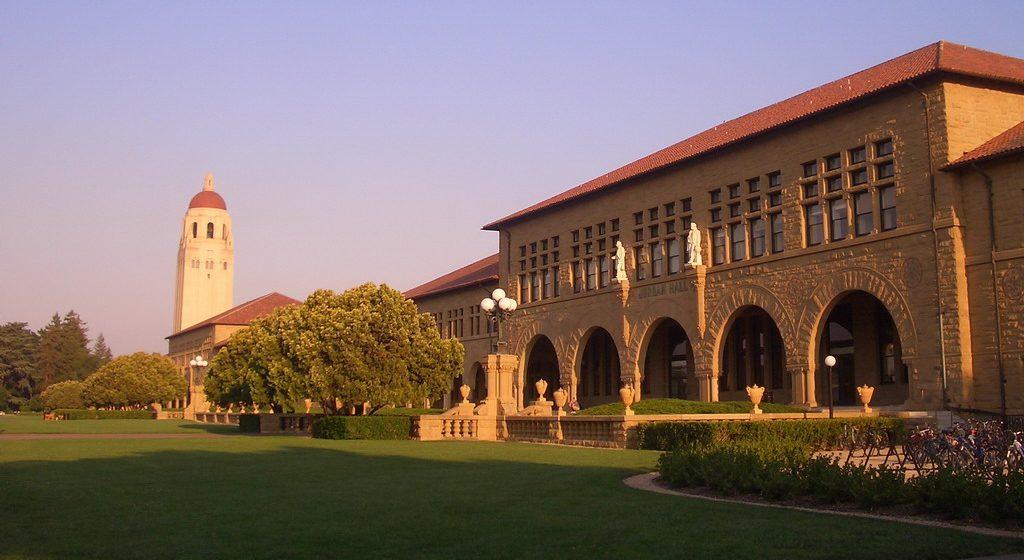Zhang Shoucheng was a renowned physicist at Stanford University with a number of academic prizes to his name.
His scientific discoveries earned him a spot in the U.S. honorary society National Academic of Sciences, in 2015.
A year earlier, Zhang and his team’s research in a material called a topological insulator—which led to the discovery of a new state of matter—led Thomson Reuters to predict that his team would win the Nobel Prize in physics. They didn’t win, but the research was seen as critical for further developing semiconductor chips with a greater storage and processing capacity.
That is an innovation the Chinese regime is especially keen on getting its hands on. China’s lagging domestic semiconductor industry has forced it to rely on foreign-imported chips for manufacturing electronic devices. But because it wants to become a tech-manufacturing superpower, Beijing has resorted to economic espionage, aggressive business acquisitions, and other underhanded tactics to seek an edge over Western competitors.
These methods were described in detail by the U.S. Trade Representative’s Section 301 report on China’s intellectual property theft practices released in March—findings that led the United States to impose punitive trade tariffs on Chinese goods. In a November update to the Section 301 report, a new section appears on how the Chinese regime has established a presence in Silicon Valley, with an eye toward investing, then eventually accessing vital technology from U.S. startups.
Mentioned in the report is Digital Horizon Capital, a venture capital (VC) firm founded by Zhang.
On Dec. 1, Zhang died unexpectedly at the age of 55, after a battle with depression, according to an email sent by Zhang’s family and obtained by the South China Morning Post.
Sean McCormack, who said he was a family spokesman, confirmed that Zhang committed suicide, in an email on Dec. 6.A look into Zhang’s history and his venture capital firm’s funding reveal a systematic scheme by the Chinese regime to poach cutting-edge technology developed in Silicon Valley.





